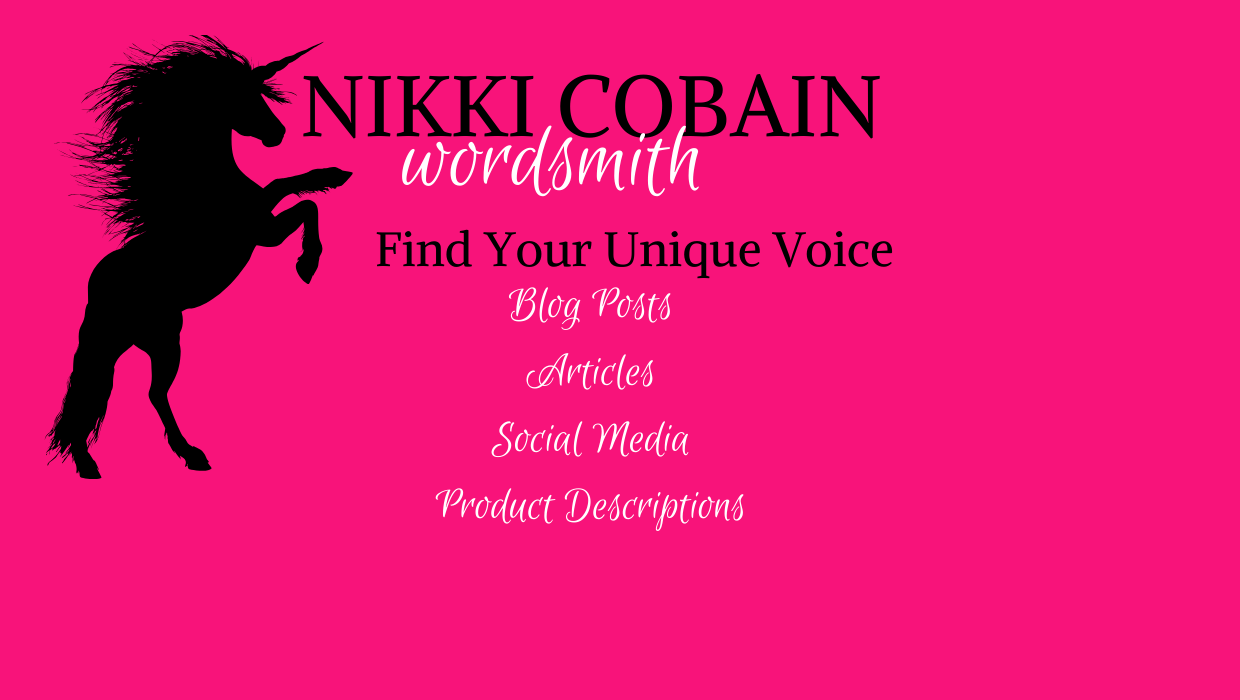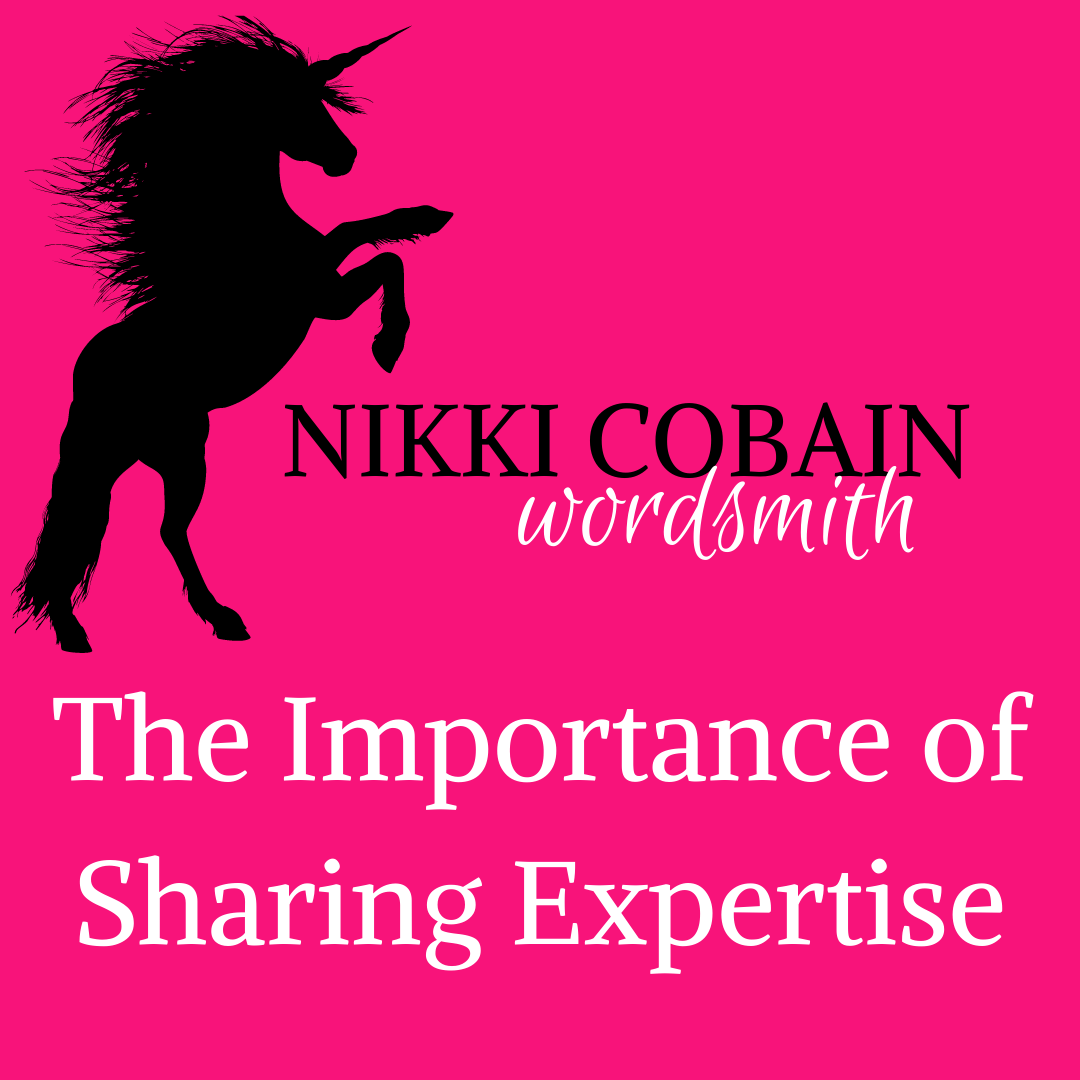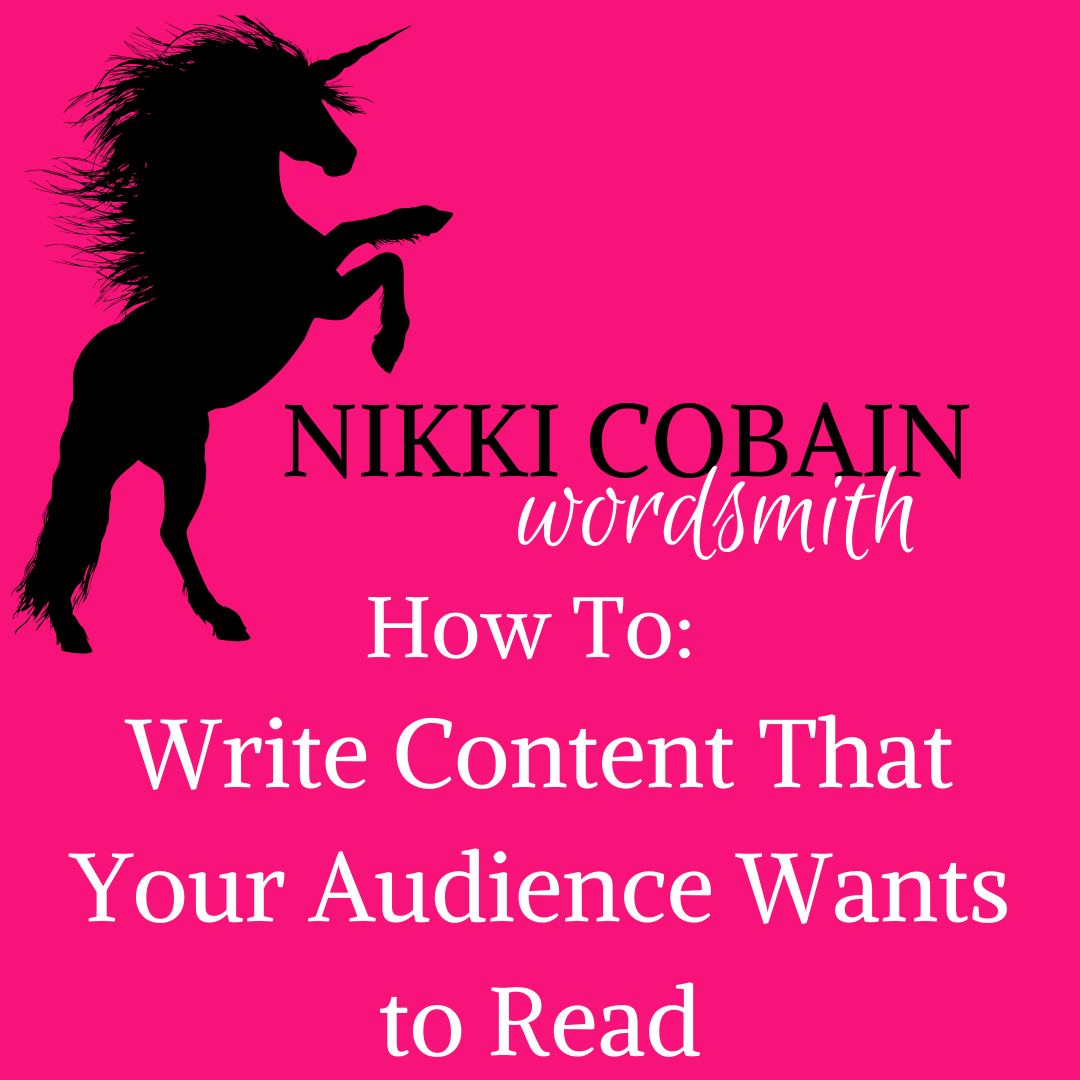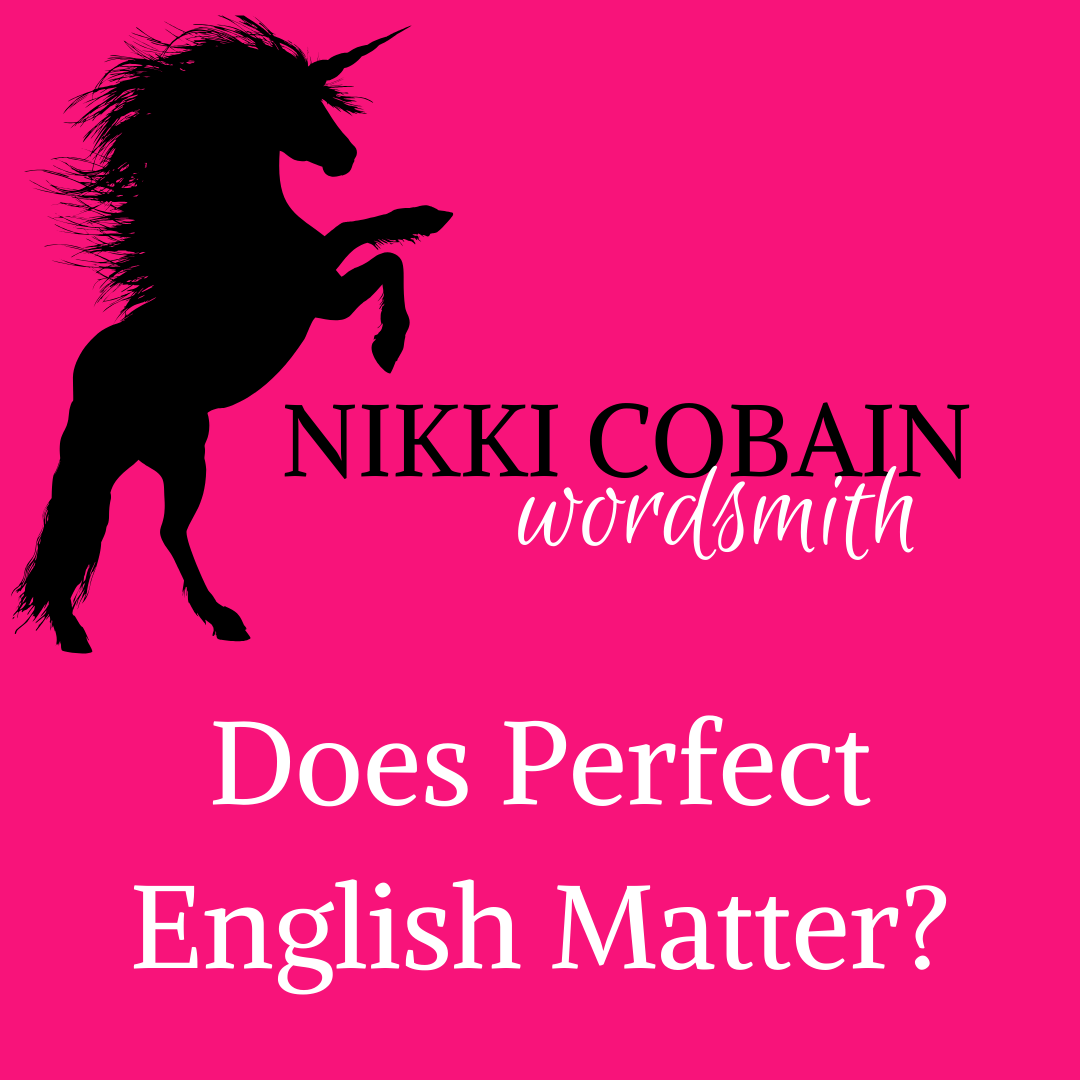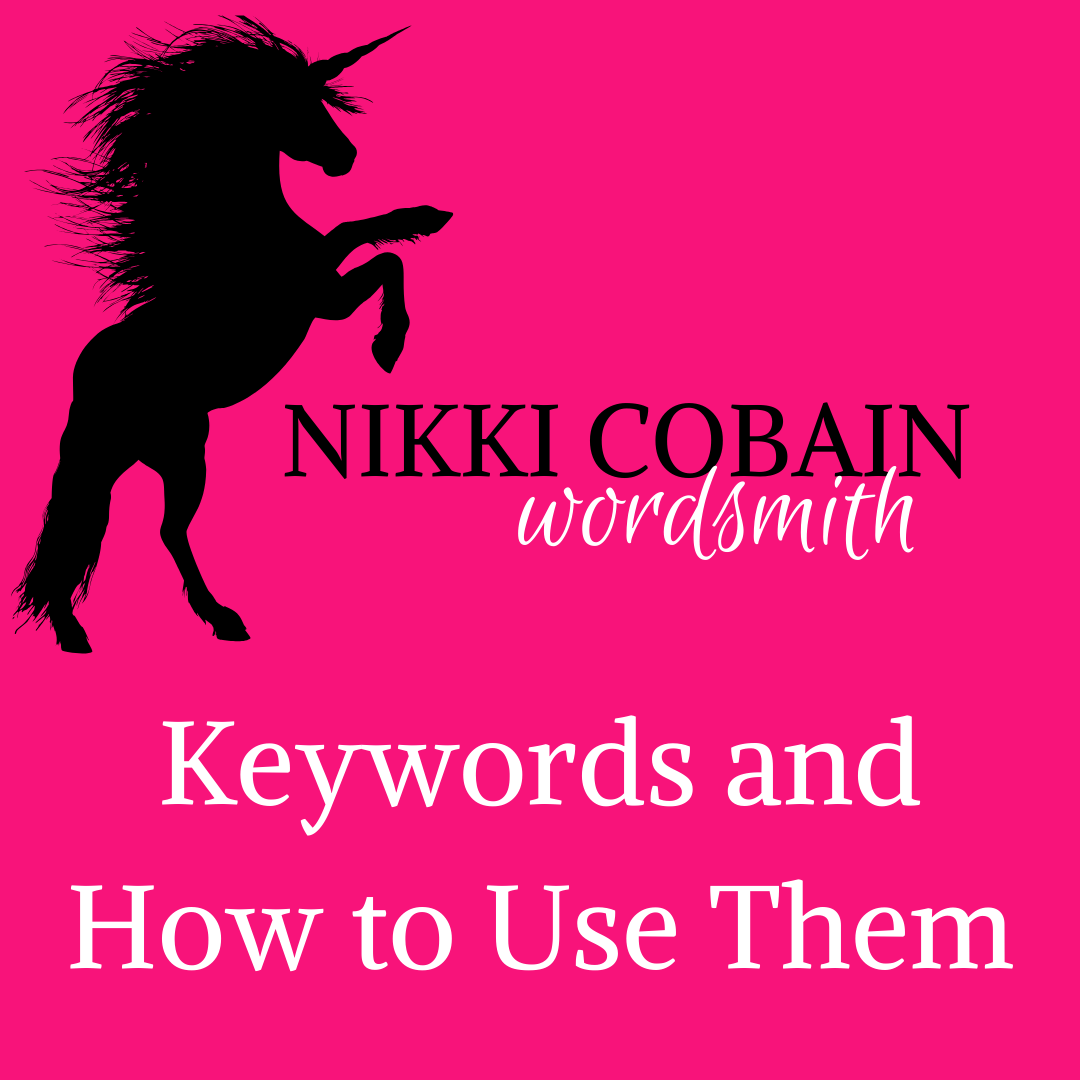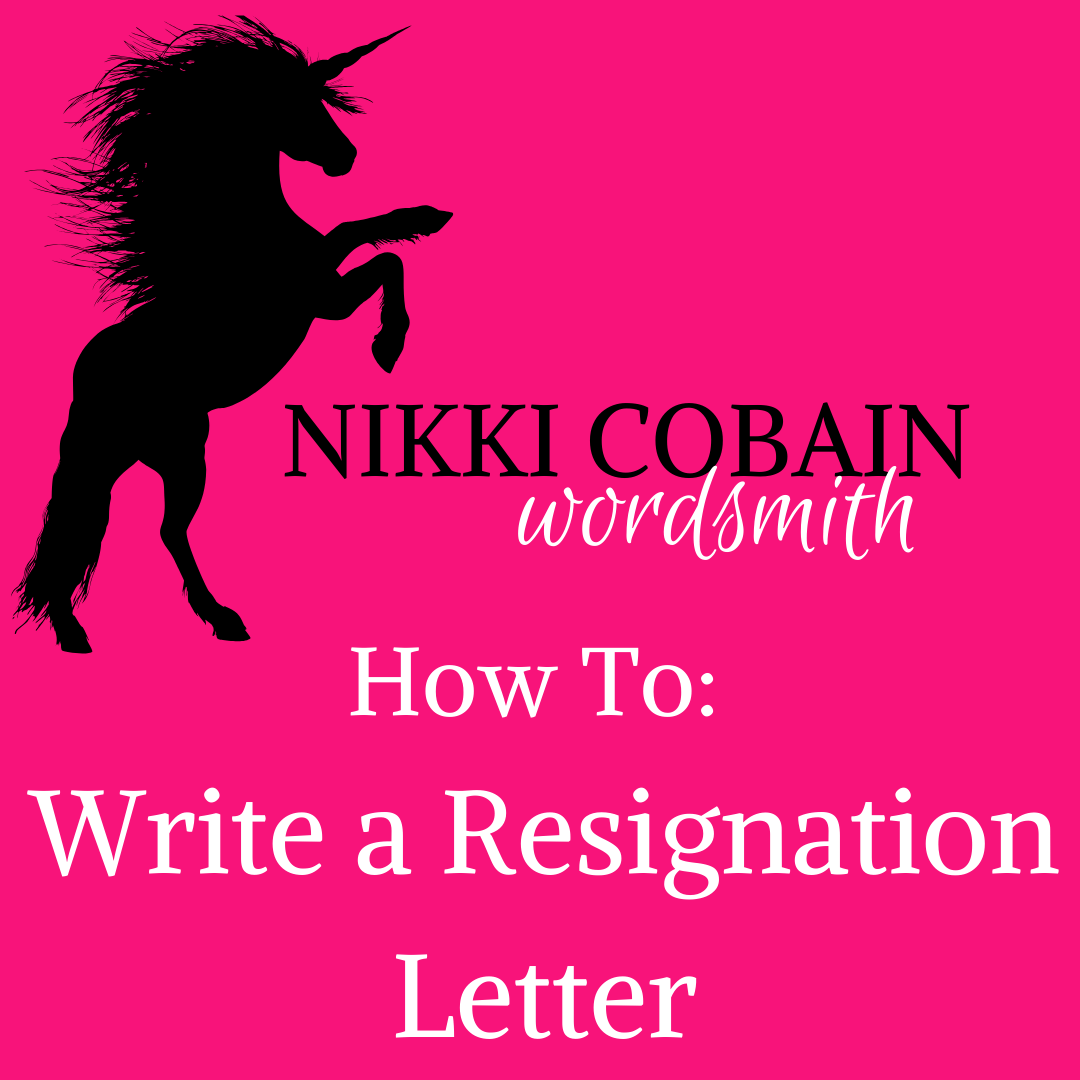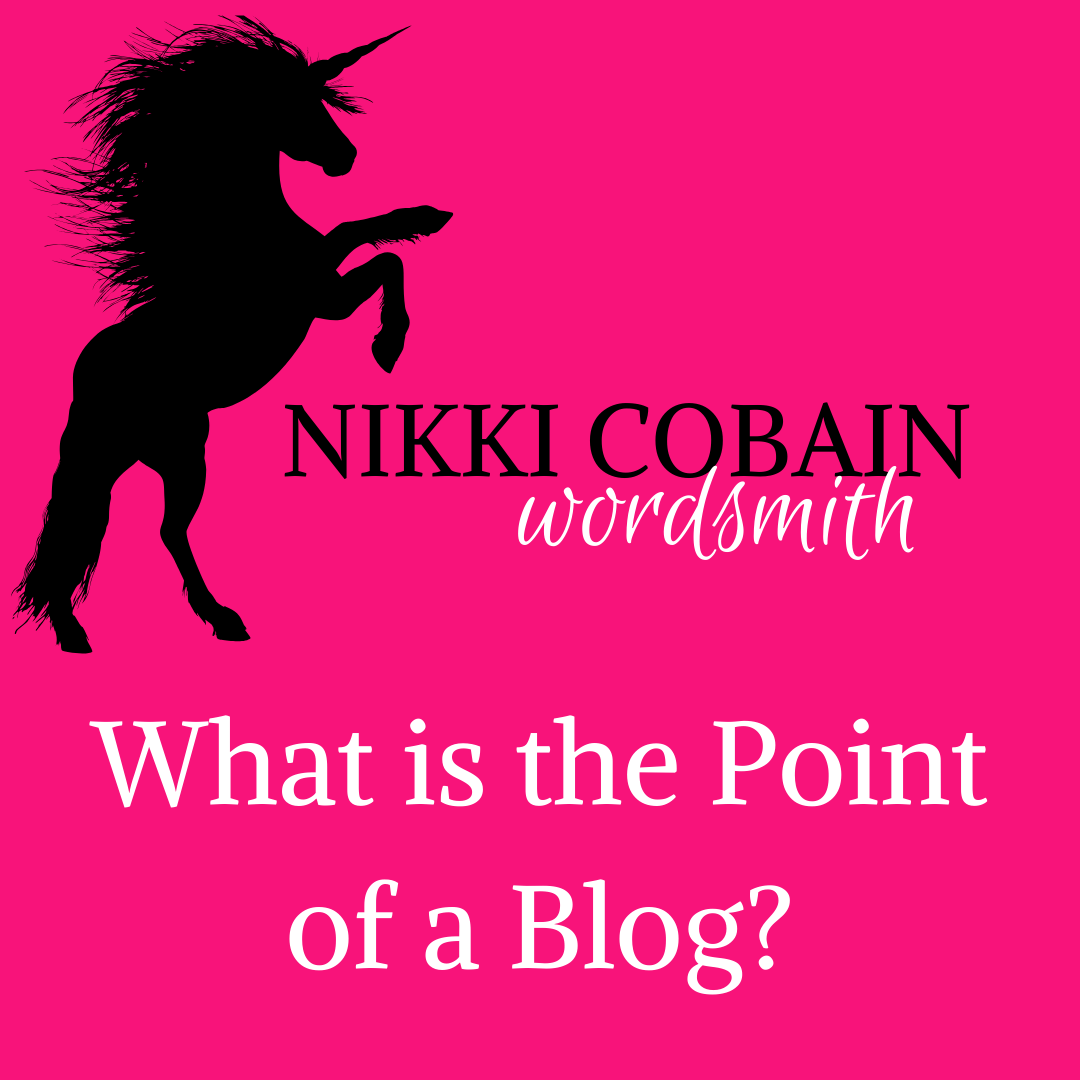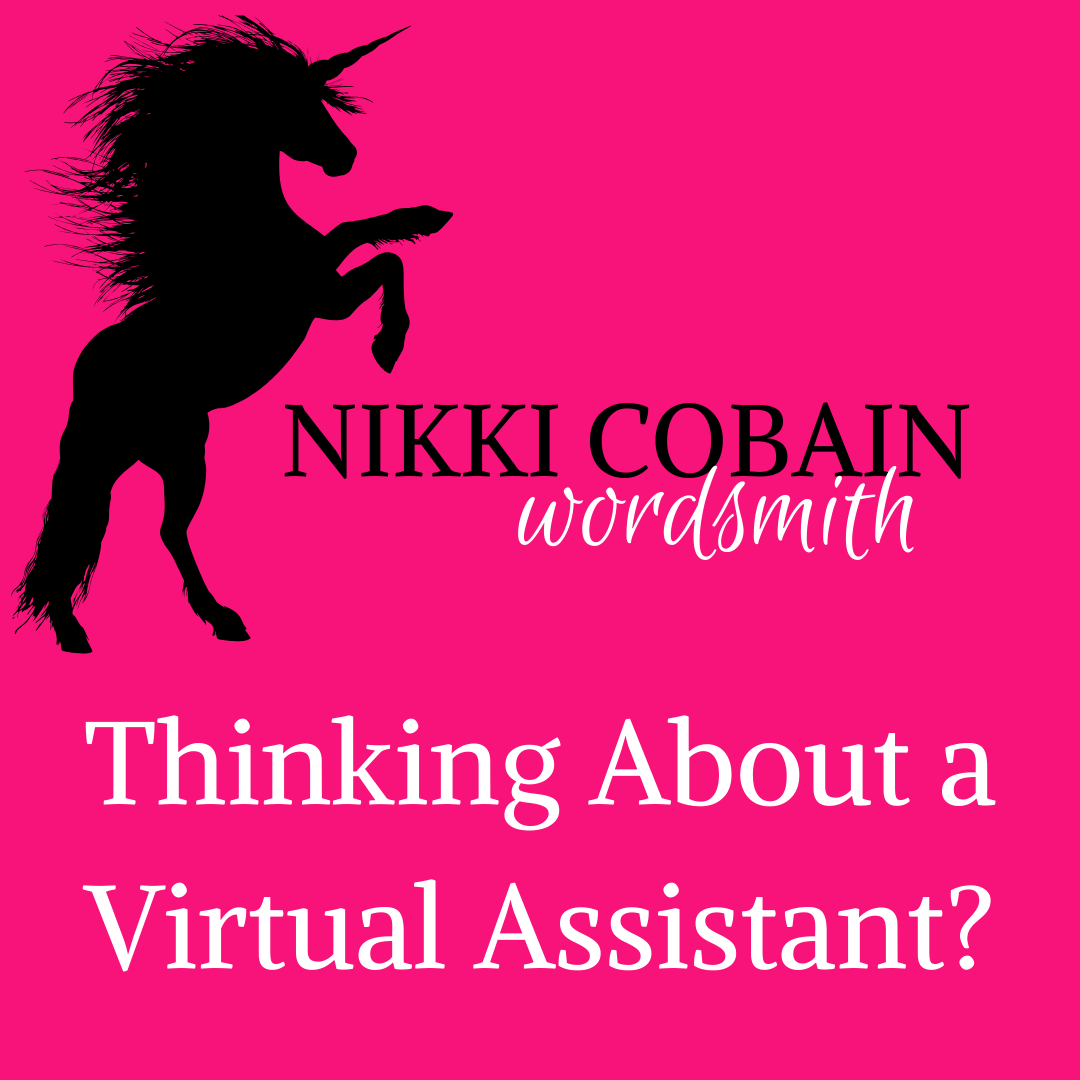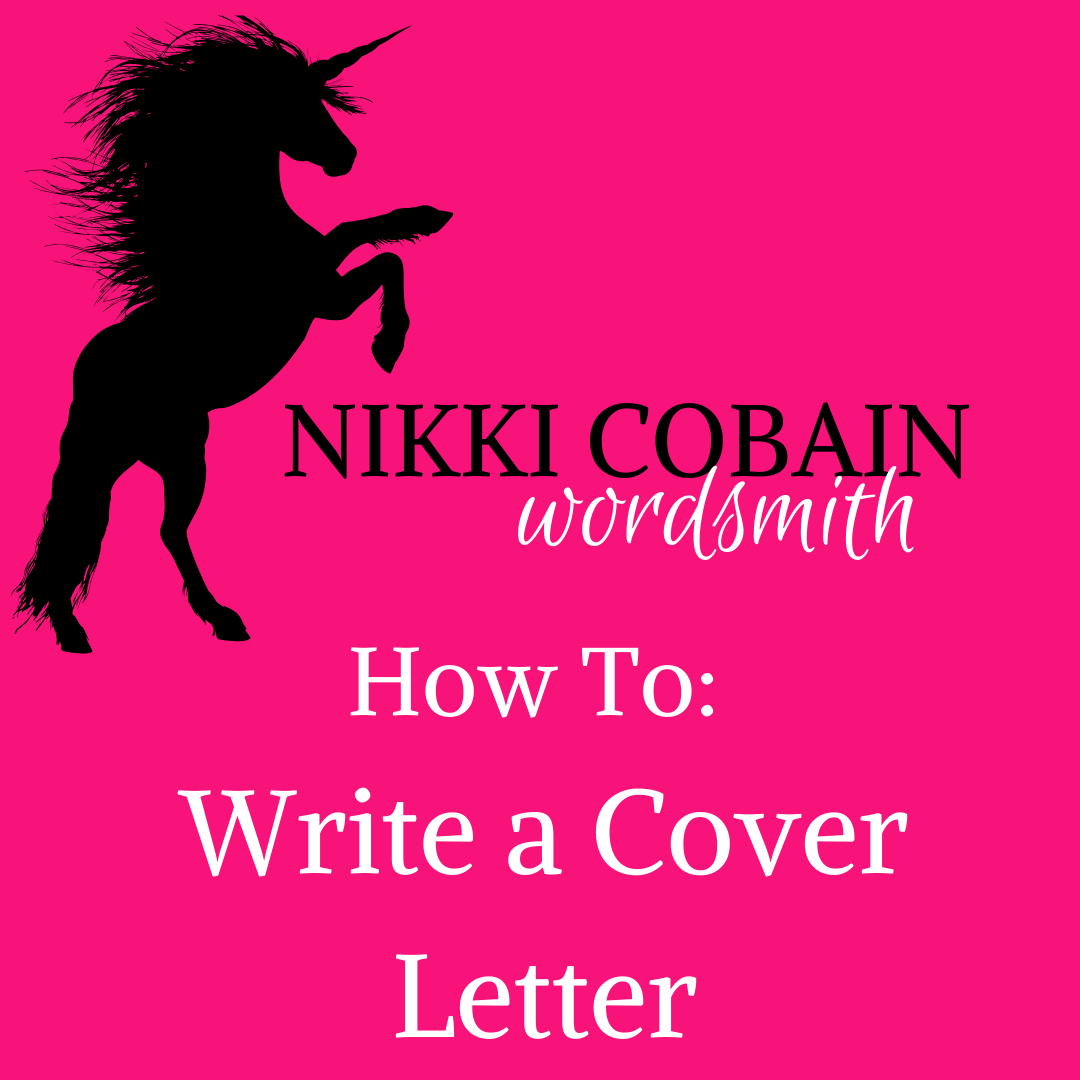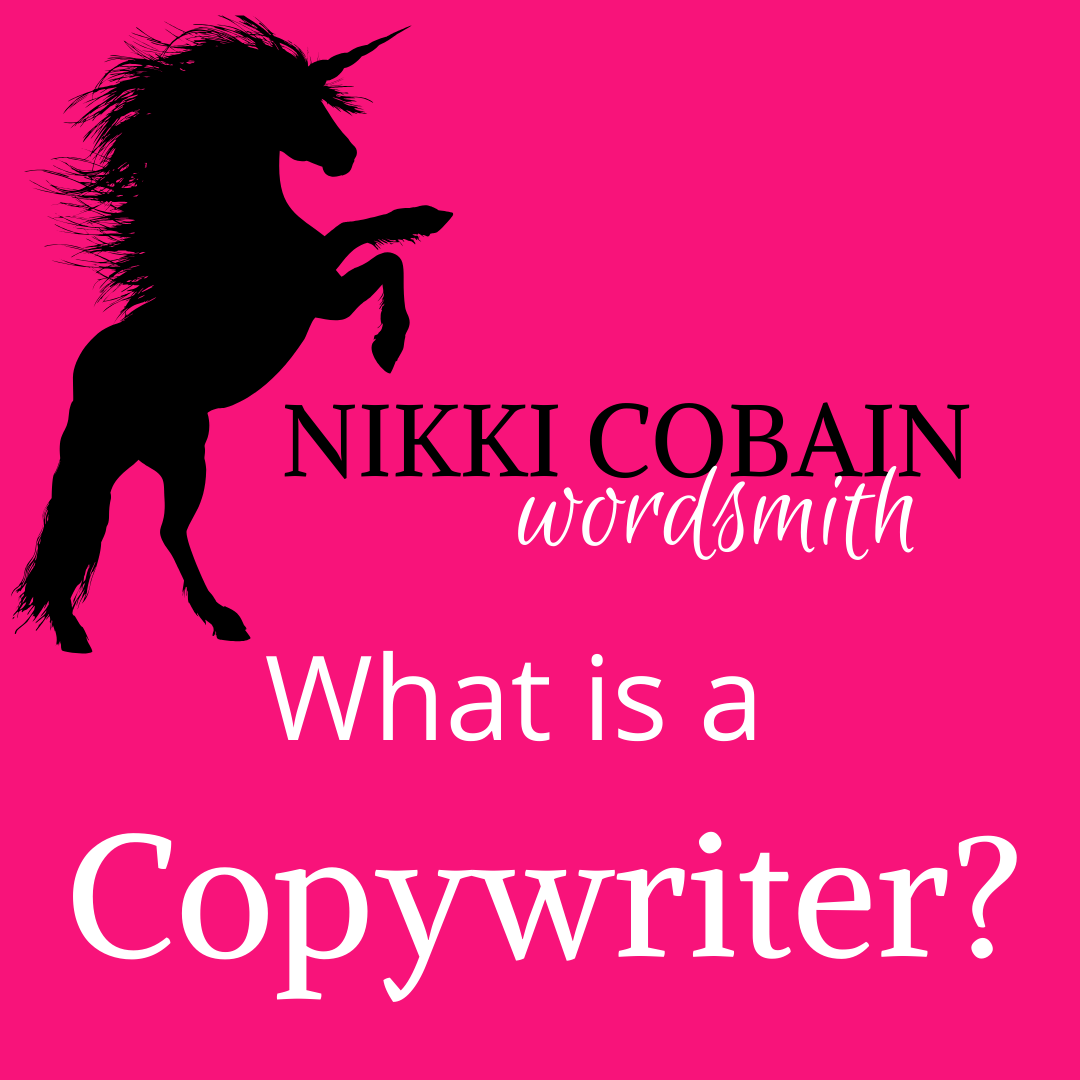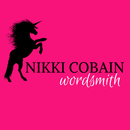How I Create Content
Nikki Dale • 11 June 2020
If you have ever wondered how the magic happens, here is my method for content creation.
Have you ever wondered how the magic happens, or imagined my workspace? Well, you probably haven’t but I am going to tell you anyway.
As a writer, I do things my own way. I am not now, nor have a ever been preachy about the way I do anything, but this is how it works for me and I thought it might be nice to share – so when you hire me to write for you, you will know exactly what I am doing to create you that perfect piece of content.
It is worth mentioning here that much of my work comes from marketing agencies. Digital marketing is a massive growth area, and as we face challenges in the physical world a great online presence can make all the difference in whether a company comes through turbulent times. Digital marketing is a catch-all term, and some companies offer strictly web-based marketing, SEO content and website improvements, social media marketing solutions, PPC and paid advertising, PR – or a combination of these.
My place in these organisations is to provide the content for web pages. This might be a location page for a national company, a service or a product page, a news report, or an update… the types of content I create for these marketing companies is all based around SEO and keywords.
You will, of course, know all about keywords from my previous post
– and this is where good use of keywords is imperative. Every piece of content on a website needs to be useful – and this is what Google values. Keywords point Google (and users) to the page, but awesome content keeps them reading (you can find out more about great content on my other blog posts) and that is what I do.
The Brief
Every client requests a post based on a need for their site. Whether it is a page about a specific service, or information about a new product, a brief gives me a title and sometimes a theme.
When I receive the brief from an agency, it will often have keywords – either single words or long-tail phrases – that they want me to include. This makes it easier for me to understand what the ‘point’ of the article is – to be found when users search for a certain term. To make it relevant, if the keywords include terms like ‘fire alarm installation Witney’ I wouldn’t focus the article on different types of fire extinguisher. This improves the readability of the article and makes it more likely that the reader will get an answer from the article too – all great ways to showcase the client as the thought leader in the local area.
The Research
Now, I am a self-confessed know it all, but even I do not know everything about individual niches in all industries.
To write knowledgeably about every subject, I need to understand it myself. To do this, I do thorough research.
Firstly, I want to know all I can about this company. What are their values? Why do customers choose them? What is their USP? This information gives the reader looking for a specific answer a ‘flavour’ of the client so that they can have that in mind when they are reading.
The subject of the article is another thing that needs researching. Even if it is for a recognisable type of product – like a candle, for example – I need to know about this specific brand. It is no good for me to describe a candle as hand-poured soy if it is in fact made from beeswax, even if my personal knowledge suggests that soy is the only option for a candle.
Avoiding confirmation bias and keeping my personal ideology out of my writing allows me to write as my client.
My research takes place using pen and paper (and the internet). Depending on the depth of the project, this research can take place across the web – from the client’s site to competitors as well as other online resources on the subject. I want to know all that I can about the subject before I start to write or even plan.
The Plan
I set up almost all my articles in a similar way, to make them easy to upload onto a client’s website. Using H1 and H2 titles, I am already creating Search Engine Optimised content because Google can easily read the information – and it makes more sense to the reader as well.
My planning is mainly in structure, however – I have bullet points in my research that I want to include, but I do not plan sections any further than that.
Most of my planning time is taken organising my workload to ensure that I give the appropriate amount of time to each project – according to amount of research needed, depth of detail, and of course deadlines. I can usually turn around a piece of content in 48 hours or less – and to make sure I have the ability to offer this to all my clients I need to be organised about when I am available to write.
As a mum, and especially during lockdown, time spent focused entirely on work hasn’t been consistent – I am aware of my non-work commitments, and what can be put off to make sure deadlines are met. Planning is essential to the efficient running of my household and my workload – the kids need feeding, the dog needs walking, and I need time away from the laptop in order to recharge my batteries and get my creative juices flowing.
The Writing
So, how does it all come together? Well, that is the beauty of it really – there isn’t a magic formula that I use to write. I don’t follow a pre-planned template or use cookie-cutter content filler – I usee what I have learned to create content that I think readers will find informative, useful, and entertaining.
I write wherever I am. I don’t have a desk, or a specific work area. To give an example, this morning I was writing on the sofa in my front room. Now, I am sitting on my bed because my partner is filming a music video downstairs (he is a YouTube musician, if you want to check him out then follow this link).
Some days (pre-lockdown) I would take myself to a local coffee shop for a change of scenery and access to better coffee. I really like having work mornings with my best friend (she has her own business
as a Virtual Assistant specialising in Social Media Marketing) for the company.
When I am writing, I am creating content that I want to read – content that answers specific questions, makes sense, has great discussion points, and makes the client come across as the best in the business.
The Edit
When I have written my content, I check the word count. This is important because often I have been briefed to get a specific word count and that is what I am paid for. It is also important as a good gauge to make sure I am not waffling – nobody wants to read fluff, so I make a point to make every sentence count.
I also spell check. I am a stickler for spelling, but I am not always the most accurate typist (sometimes my fingers struggle to keep up with my train of thought) and dropped or transposed letters are the bane of my life! I need to ensure that all terminology is spelled correctly, and that I have used proper grammar when necessary.
A reread is always useful to make sure the article flows. Readability is one of the most important parts of this whole process. If my writing is not reader-friendly, it is not fit for purpose. I read, often out loud, to check sentence length, whether pauses make sense, and to make sure I haven’t missed anything out (or repeated anything).
The Delivery
When I have completed a commission, I send it back to the client for any edits. For some of my long-term marketing agencies, I know how they like pieces to be and there is no need for any edits regarding style or tone, but for some there will be a need to adjust for technical language or to include certain points. I offer edits on the first draft before finalising the piece.
The end result is a well-researched, individually crafted piece of content that contains relevant keywords, is SEO-friendly, and will answer questions that a potential customer might have about your business, service, or product.
If you would like me to put this particular set of skills to the test for your business, contact me today
for a no-obligation discussion.

